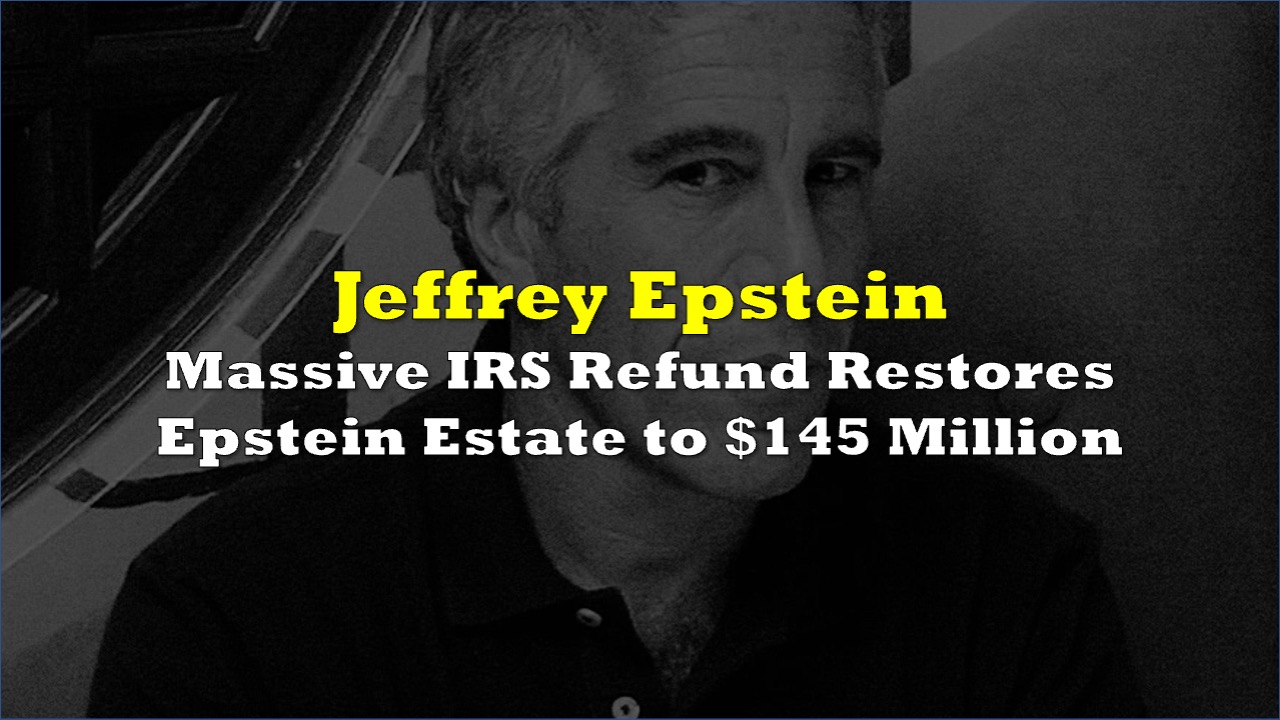Financier and convicted sex offender Jeffrey Epstein may be dead, but that doesn’t mean he’s stopped making money. His estate received a $111.6 million tax refund from the Internal Revenue Service, bringing the estate’s total value back up to $145 million after it had been depleted by victim settlements and legal costs.
The sizable refund, distributed last fall, traces back to a $190 million tax payment the estate made to federal authorities in July 2020. The payment was based on asset appraisals that turned out to be inflated compared to actual sale prices. The Manhattan property alone fetched approximately $40 million less than projected.
The IRS gave Jeffrey Epstein $112 million last fall lmfaooooooo pic.twitter.com/M1YYsC4Ms4
— ParaPower Mapping (@KlonnyPin_Gosch) July 16, 2025
The development has sparked outrage from abuse survivors and their advocates, who note the refunded money cannot be claimed by victims who have already reached settlements with the estate.
“I think that it is morally objectionable for anyone other than a victim to benefit from acts of injustice or wrongdoing,” said Marijke Chartouni, who was sexually abused by Epstein and has already received a settlement payment. “Victims continue to suffer.”
Related: House Petition Tabled To Force Epstein List Release
The windfall is expected to benefit Epstein’s close associates who serve as estate executors – accountant Richard Kahn and attorney Darren Indyke – as well as other beneficiaries whose identities remain mostly confidential. Court documents have identified one known beneficiary as a woman who was Epstein’s girlfriend when he was arrested on federal sex-trafficking charges in 2019.
The estate has already distributed approximately $164 million in settlements to more than 135 of Epstein’s sexual abuse victims, plus $105 million to the U.S. Virgin Islands government and tens of millions in legal fees.
Epstein died by suicide in federal custody in August 2019 while awaiting trial on sex-trafficking charges. His estate was initially valued at around $600 million.
Large estate refunds are not uncommon when executors initially overvalue assets or underestimate debts, but of course, the timing and beneficiaries of this particular refund raise some serious ethical concerns.
Information for this story was found via the sources and companies mentioned. The author has no securities or affiliations related to the organizations discussed. Not a recommendation to buy or sell. Always do additional research and consult a professional before purchasing a security. The author holds no licenses.









